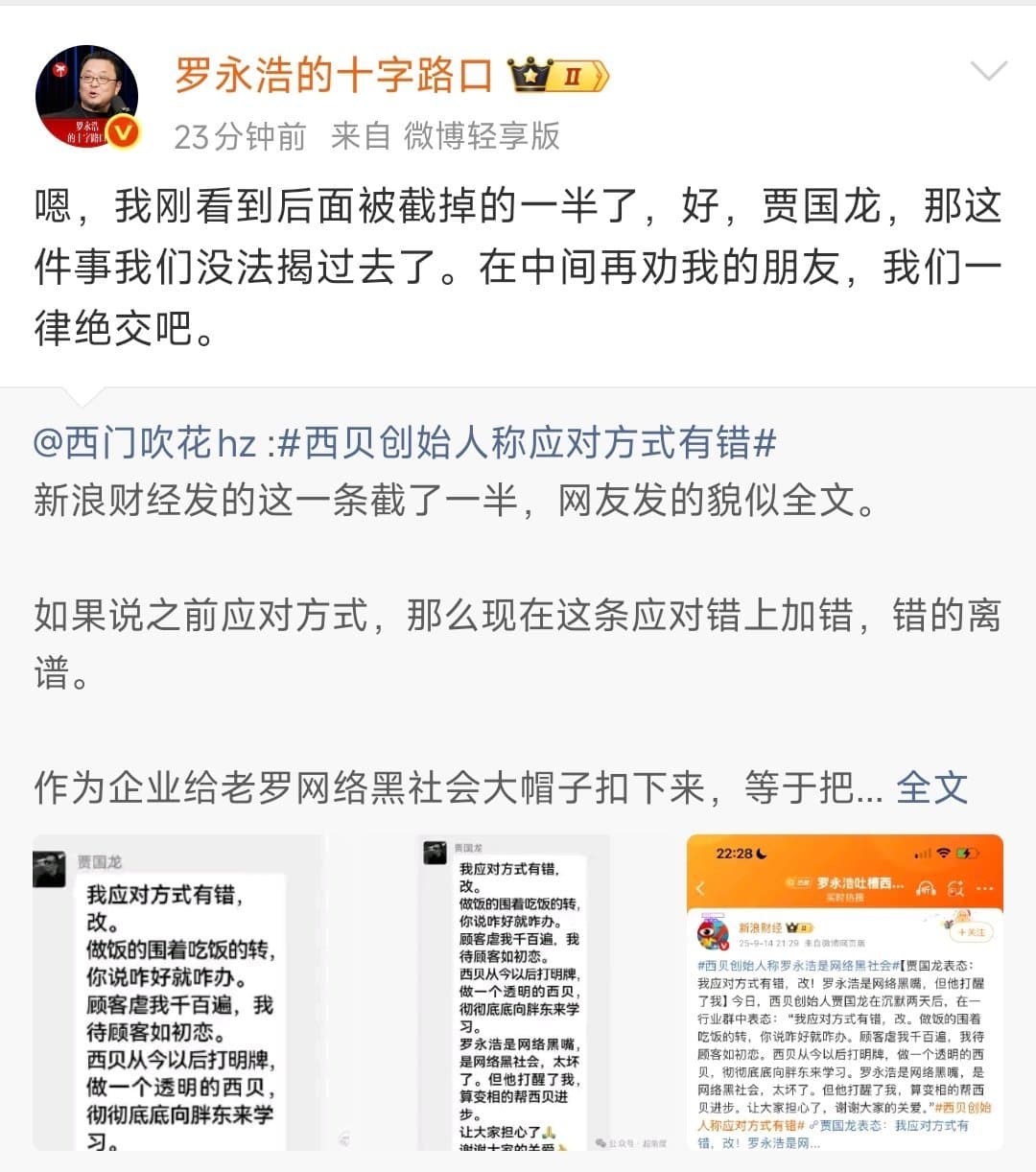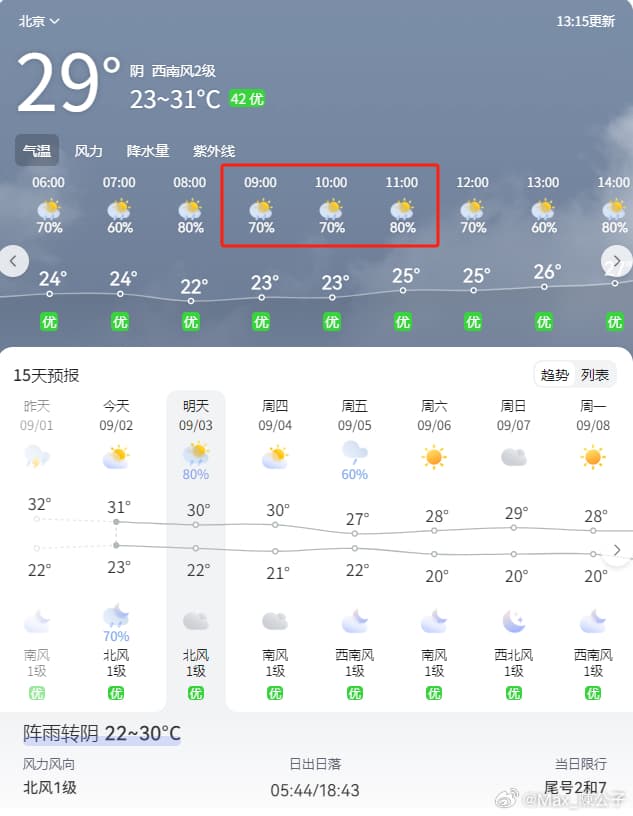China's Coast Guard Uses Minnan Dialect to Hail Taiwanese Vessels in Disputed Waters
The Chinese Coast Guard's recent patrol and hailing of Taiwanese vessels in Taiwan waters has sparked attention and raised questions about the implications of such actions. On [date], multiple coast guard fleets conducted law enforcement patrols and exercises in the waters surrounding Taiwan, including the islands of Dongyin and Mazu. The fleets, including the 2901, 1305, 1303, and 2102 units, adopted a multi-directional and zonal control approach to patrol the waters, exercising de facto control over the area in accordance with the "one China" principle.
22 October 2024
This move is seen as a demonstration of China's determination to assert its sovereignty over Taiwan, which it considers a part of its territory. The use of coast guard vessels, rather than naval ships, is also notable, as it suggests a desire to present a more benign and law enforcement-oriented face, rather than a military one. However, the action is likely to be perceived as provocative by Taiwan, which has long been wary of China's intentions and has sought to maintain its de facto independence.
The exercise also highlights the complex geography of the region, with the islands of Dongyin and Mazu serving as important fishing grounds for vessels from both Taiwan and China. The coast guard's patrol and hailing of Taiwanese vessels in these waters may be seen as an attempt to assert control over these disputed areas and to demonstrate China's ability to respond quickly and effectively to any perceived challenges to its authority.
Tensions between Taiwan and mainland China have continued to escalate in recent years, with Beijing's policies towards Taiwan drawing widespread attention. The actions of the Chinese coast guard have raised questions about whether this is a signal from Beijing to Taipei. For years, mainland China has asserted its claims over Taiwan, considering the island to be an integral part of its territory. The coast guard's decision to patrol the waters around Taiwan and interact with Taiwanese vessels has sparked concerns about Beijing's intentions.
Experts say that such actions are likely intended to demonstrate Beijing's commitment to its "One China" policy and to increase pressure on Taiwan to accept its claims. The move may also be seen as an attempt to test Taiwan's resolve and the international community's response to such actions. Taipei has repeatedly stated its determination to defend its sovereignty and territorial integrity, while also calling for dialogue and cooperation with mainland China. However, with relations between the two sides at a low ebb, the situation remains highly volatile.
The international community is watching the situation closely, with many countries calling for a peaceful resolution to the tensions. The United States, in particular, has a significant stake in maintaining stability in the region and has traditionally been a key player in Taiwan-China relations. As the situation continues to unfold, one thing is clear: the stakes are high, and any miscalculation could have far-reaching consequences for regional stability and global security.
A notable aspect of the coast guard's actions was its use of the Minnan dialect to hail Taiwanese vessels. In a video posted on Weibo, a popular Chinese social media platform, the Chinese coast guard can be seen using a variation of the Hokkien language spoken in Fujian province and parts of Taiwan to communicate with Taiwanese fishermen. This unusual approach has been interpreted by some as a strategic move aimed at reinforcing China's claims to Taiwan, which Beijing considers an integral part of its territory. By using a dialect closely related to Taiwanese, the Chinese authorities may be attempting to emphasize the cultural and linguistic ties between the two sides, in an effort to promote a sense of shared identity.
Others, however, see this move as a purely administrative action, aimed at ensuring the safe passage of vessels and preventing any potential conflicts. The use of Minnan dialect may also simply be a pragmatic choice, given the geographic proximity between Fujian province and Taiwan, and the fact that many Taiwanese fishermen are familiar with the dialect. Regardless of the motivations behind it, the use of Minnan dialect to hail Taiwanese vessels marks a rare instance of China's coast guard interacting with Taiwanese nationals in a language other than Mandarin. As tensions between China and Taiwan continue to simmer, this unusual episode highlights the complex and multifaceted nature of cross-strait relations.
Comments

Share this article
Related Articles

Xi Jinping Elevates Cybersecurity to Core National‑Security Pillar, Driving China’s Quest for a Cyber Superpower
By Trending on Weibo
News & Politics
15 Sept 2025

Luo Yonghao vs. Xibei: Celebrity Entrepreneur Sparks Media Storm Over Pre‑Made Dishes and Calls for Transparency
By Trending on Weibo
News & Politics
15 Sept 2025

Weibo Celebrates Autumn Harvest as China’s Fields Become the Nation’s Most Beautiful Canvas
By Trending on Weibo
News & Politics
15 Sept 2025
China Enacts First Comprehensive Rental Regulations to Legalize and Stabilize the Rental Market
By Trending on Weibo
News & Politics
15 Sept 2025

Beijing’s Weather Emerges as a Barometer for China’s Climate Policies and Public Life
By Trending on Weibo
News & Politics
13 Sept 2025
